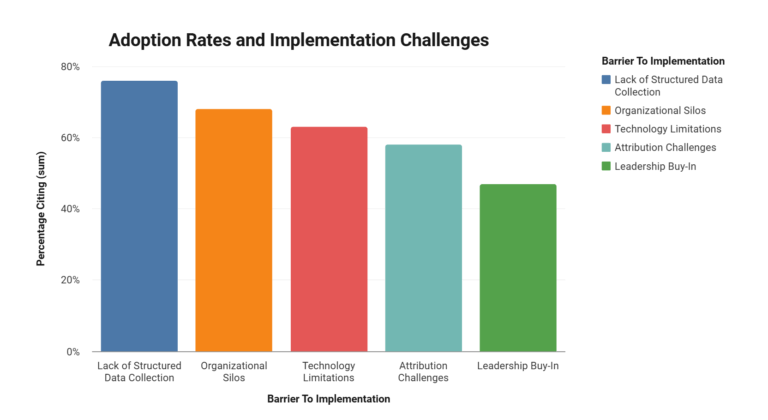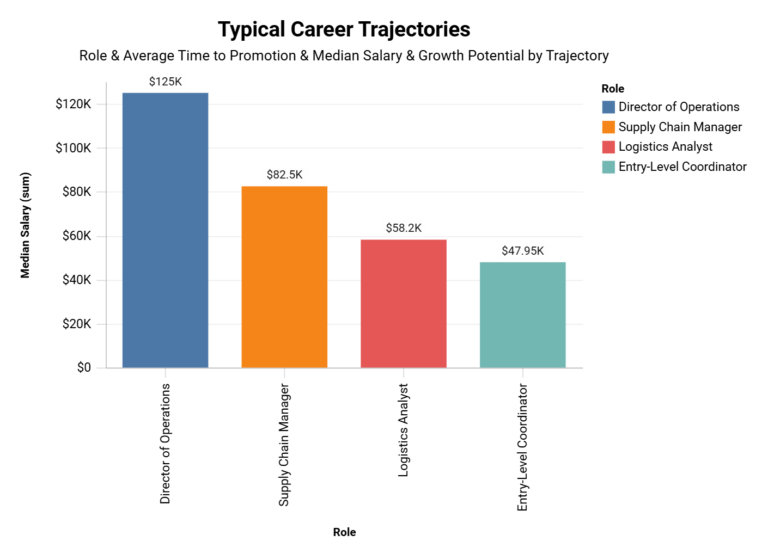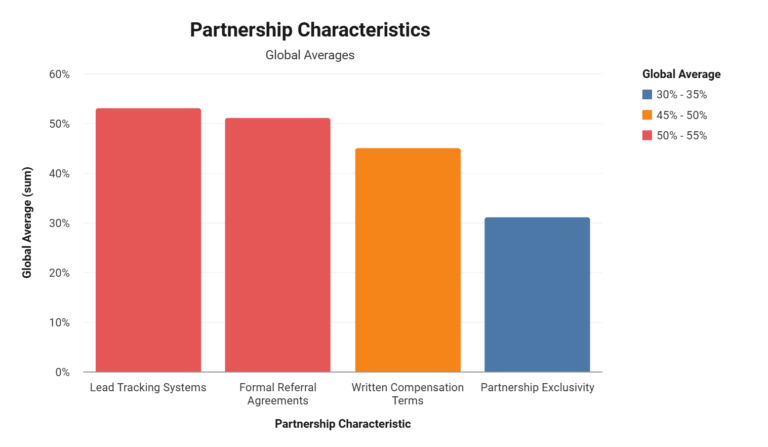Job-Ready Candidates from Skills-Based Hiring Platforms: 2025 Statistics and Data
Job-Ready Candidates
Skills-based hiring platforms have transformed how employers assess and onboard talent, particularly for entry-level roles. By focusing on verified competencies rather than traditional credentials, these platforms enable organizations to hire candidates ready to contribute from day one. This article explores 2025 statistics and data on job-ready candidates sourced through skills-based hiring platforms.
The Importance of Job-Ready Candidates
Hiring job-ready candidates has become a top priority for employers aiming to reduce training costs and accelerate onboarding processes. According to Deloitte's Workforce Readiness Report (2024), companies spend an average of $1,200 per employee on initial training for entry-level roles. Due to the complexity of the required skills, this figure can exceed $2,000 for technical positions.
Training Costs Comparison

How Skills-Based Platforms Deliver Job-Ready Talent
Burning Glass Institute's Hiring Efficiency Study (2024) highlights that 85% of employers using skills-based hiring platforms report significantly reducing onboarding times. These platforms pre-screen candidates for specific skills, ensuring they meet job requirements before being hired.
Onboarding Time Reduction

Skills-based platforms use advanced tools to ensure candidates are prepared for their roles:
- Verified Assessments: Platforms like CourseCareers evaluate candidates' competencies through industry-recognized assessments, ensuring they possess the necessary skills.
- Practical Training: Many platforms offer hands-on training modules that simulate real-world scenarios, preparing candidates for immediate contributions.
- Certifications: Candidates often earn certifications in high-demand areas such as cloud computing, data analytics, or software development, making them more attractive to employers.
Real-World Examples
A CourseCareers case study (2025) found that its graduates were 40% more likely to secure roles within six months compared to self-taught candidates. Additionally, LinkedIn's Future of Work Report (2025) revealed that 87% of employers using skills-based hiring platforms rated their hires as “highly effective” during their first three months on the job.
Job-Ready Candidate Success Rates

Benefits of Hiring Job-Ready Candidates
Faster Time-to-Productivity
According to McKinsey's Workforce Transformation Report (2024), companies that hire job-ready candidates reduce time-to-productivity by an average of 30%. This allows teams to meet project deadlines more efficiently and improves overall organizational performance.
Time-to-Productivity Improvement

Reduced Training Costs
Glassdoor's Employer Insights Survey (2024) found that organizations save an average of $1,000 per hire by reducing the need for extensive training programs. Skills-based platforms ensure that candidates are already equipped with the necessary knowledge and tools.
Training Cost Savings
Improved Retention Rates
Gartner's HR Technology Adoption Report (2024) highlights that employees who feel prepared for their roles are 25% more likely to stay with their employer for at least two years. This underscores the long-term benefits of sourcing job-ready talent.
Retention Rate Improvement

Challenges in Sourcing Job-Ready Candidates
Despite their advantages, some challenges remain:
- Skill Validation: Employers may still require additional assessments to confirm candidates' readiness.
- Industry-Specific Needs: Certain industries, such as healthcare or engineering, may require specialized certifications or licensing beyond what skills-based platforms provide.
Programs like CourseCareers address these challenges by offering tailored training modules and partnerships with industry leaders to ensure candidates meet sector-specific requirements.
The Future of Job-Ready Hiring
As skills-based hiring continues to grow, the focus on job-ready candidates is expected to intensify. McKinsey predicts that by 2030, over 50% of entry-level hires will come from skills-based platforms as employers prioritize readiness over traditional qualifications.
Future Job-Ready Hiring Projections

Related Resource
Looking for solutions to improve your time-to-hire and cost-per-hire metrics? CourseCareers For Employers Review provides insights into how this platform helps employers efficiently source pre-screened, job-ready candidates for entry-level tech roles. Explore how CourseCareers can help you build a reliable talent pipeline today.
Source Data
| Article Title | Publication | Date |
|---|---|---|
| Workforce Readiness Report | Deloitte | February 10, 2024 |
| Future of Work Report | May 12, 2024 |





